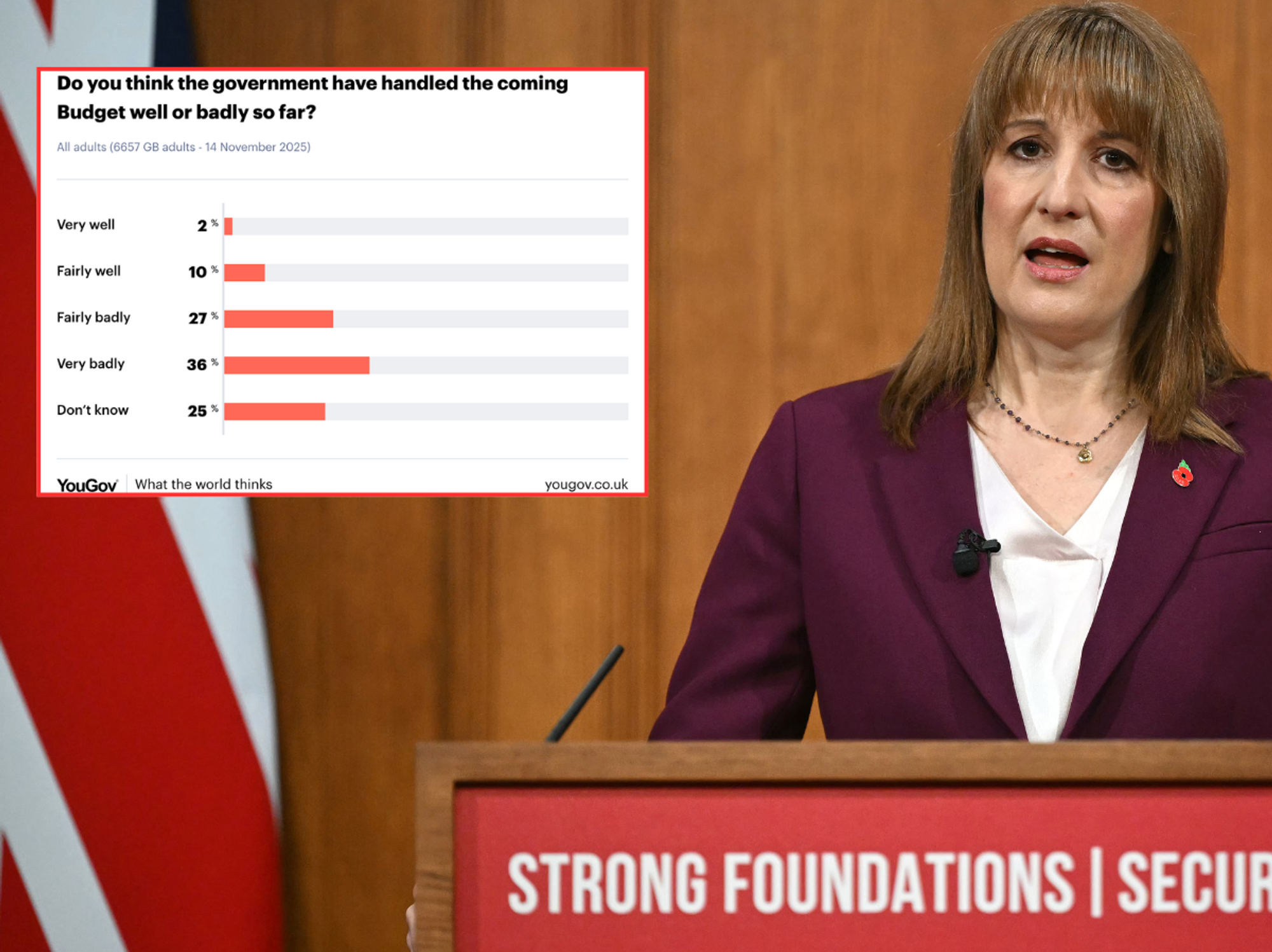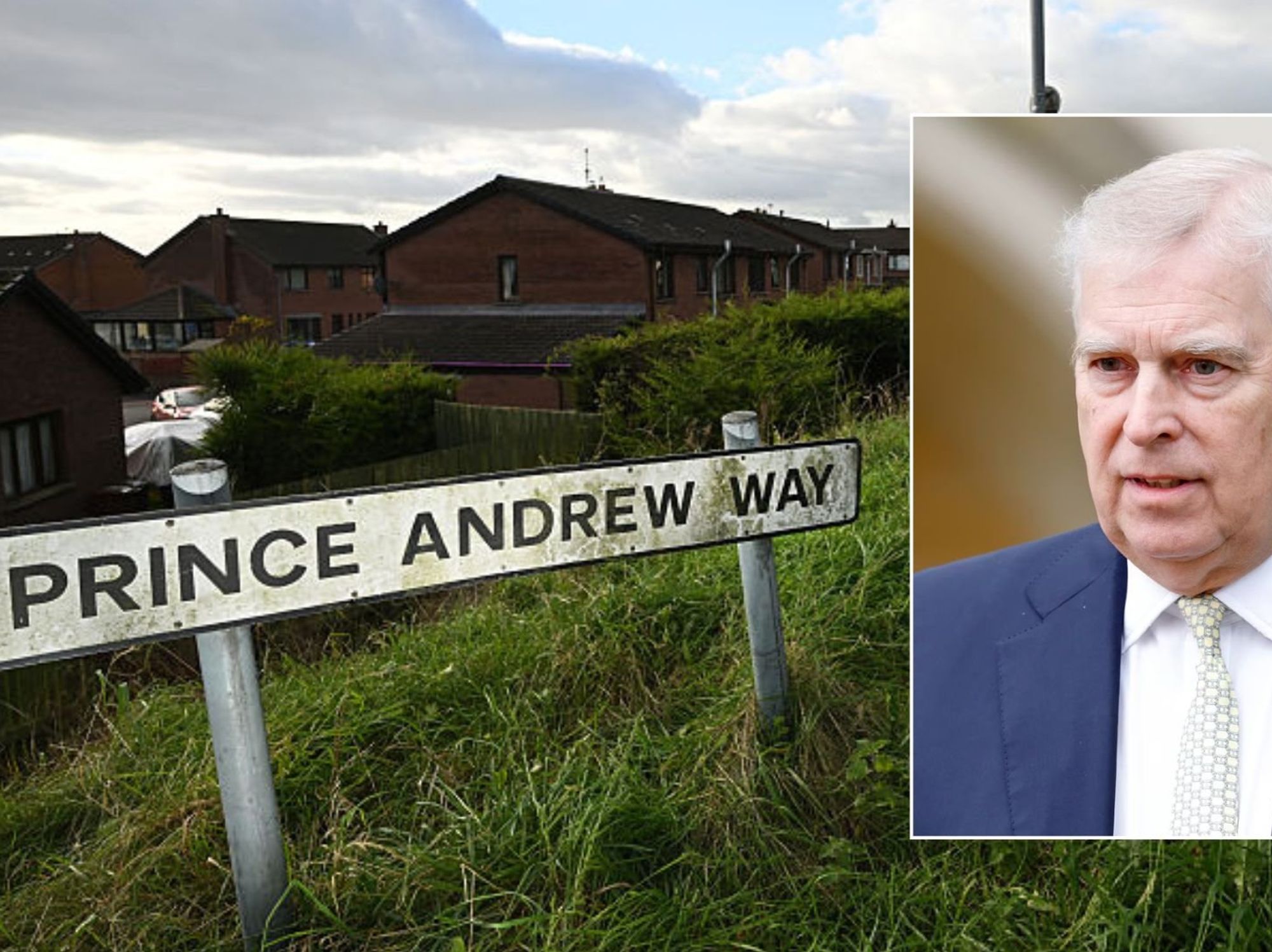Cost of living alert as workers miss out on £14k under Tories pushing 900,000 UK children into poverty

Real pay for UK workers has grown £16 a week since 2010, a think tank has found
Don't Miss
Most Read
The average worker would be more than £14,000 a year better off if wages had grown at the same rate since before the Conservatives took power, new research has shown.
The research found that stagnated wage growth is one of the main reasons why child poverty in working households has increased by more than 1,300 children a week since 2010.
The number of kids growing up in poverty in working households has increased by 44 per cent between 2010 and 2023, according to the Trades Union Congress (TUC). This is an increase of over 900,000 children.
Children growing up in poverty in working households now account for 69 per cent of all children in poverty and 24 per cent of all children in working families.
Wage stagnation was part of a “toxic combination” of insecure work and cuts to social security that has had a "devastating impact" on household budgets, the TUC found.
Paul Nowak, the general secretary of the TUC, said: “No child in Britain should be growing up below the breadline. But under the Conservatives we have seen a huge rise in working households being pushed into poverty. We urgently need an economic reset and a government that will make work pay.”

Children growing up in poverty in working households now account for 69 per cent of all children in poverty
|GETTY
The charity used data from the Office of National Statistics to track wage growth since 2010, which found that if wages had grown at the same rate since before the Tories took power, the average worker would be more than £14,000 a year better off.
Both Conservative and Labour have proposed tough welfare spending plans, however the reports have highlighted the link between rising child poverty and slow wage growth under five Conservative governments since 2010 – the slowest growth since the second world war.
Agreeing with the findings, Paul Carberry, chief executive of Action for Children said: "Sadly, here is yet more evidence that for too many families facing hardship, work doesn’t pay – and hasn’t for a long time.
"This General Election, we want to see all political parties commit to ending child poverty in the UK once and for all. That means urgent action to fix the basic adequacy of social security so that families can at least meet their essential needs – starting with ditching the cruel two-child limit."
The Resolution Foundation think tank said that real wage growth has improved in recent months, as wider inflation has slowed, but said it came after the significant effects of the financial crisis, Brexit referendum and cost of living crisis.
The research, which comes less than two weeks before voters go to the polls, found that real wage growth – pay once the rate of inflation is taken into account – is 1.6 per cent higher across the total UK workforce since 2010.
By contrast, in the 14 years before 2010, average weekly wages grew by £145.
Before the financial crisis in 2008, workers could expect wages to grow by 2.2 per cent, about as much as they did over the past 14 years, in a single year.
Separate analysis from the TUC shows that the number of people in insecure, low-paid work has increased by nearly 1 million during the Conservatives’ time in office, now sitting at 4.1 million Britons.
Work was the most effective way of exiting poverty for individuals, the Resolution Foundation said.
Both the main parties have said they want to boost employment over the next parliament.
The Conservatives have proposed toughening sanctions for people on unemployment benefit and cutting national insurance contributions to drive up employment. They hope this would have small positive impacts on employment by increasing the benefit of working.
On the other hand Labour has pledged to include local employment and skills support for those with health conditions, as well as careers and mental health support for young people.
The Resolution Foundation called Labour’s employment rate target of 80 per cent “extremely ambitious” by historical standards.
LATEST DEVELOPMENTS:
Hannah Slaughter, senior economist at the Resolution Foundation, said: “Britain’s prolonged pay depression has left average earnings just £16 a week higher than they were back in 2010, despite the welcome return of rising real wages in recent months."
Slaughter added: “The Conservatives’ business-as-usual approach to the minimum wage and employment rights stands in stark contrast to Labour’s plans for the biggest shake-up of the workplace in a generation.
“But while the big labour market challenges facing Britain offer reasons for bold new policies, the combined scale of these reforms means they should be implemented carefully and after consultation.”










